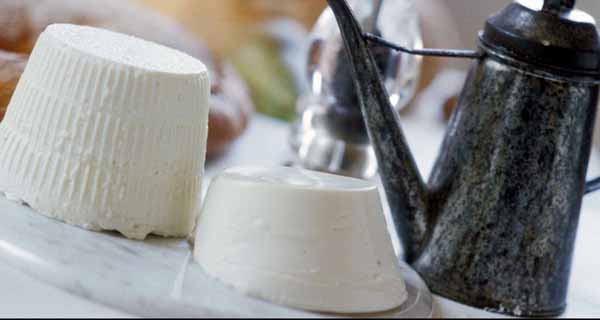
Those involved in the food industry know that Japan is considered one of the strictest countries in the world when it comes to assuring food quality and safety. Being able to export to the country of the Rising Sun is, therefore, a prestigious goal to strive for. Many Italian dairy companies have been selling their products in Japan for years now, as the products are appreciated for their quality and taste, however the simplification of bureaucratic procedures (such as the process of being removed from the black list), which should be introduced by the end of this year, will make it easier for Italian dairy companies to export there.
Assolatte, the Italian dairy industries Association, has worked long and hard to make this possible and it is a significant goal for Italian companies to strive for. The objective of the Japanese visit was to verify the safety procedures implemented in the dairy establishments and, therefore, to validate the requests of the Italian industry to simplify the process of being removed from the black list, which until now was too complicated and onerous. At the end of the tour, the Japanese inspectors declared that they were completely satisfied and furthermore they have highlighted the importance of collaboration between the companies and the regulatory bodies in order to achieve greater efficacy in terms of food safety.
The collaboration between Assolatte, the Japanese ministry for health and the Italian ministry for health is opening the gateway for the Italian dairy companies to access the Japanese market, which is one of the markets most interested in Italian food, in particular, Italian cheeses. Between 2000 and 2013 the export of Italian cheeses to Japan grew by 167% in volume and 205% in value, reaching a total of 8.1 million kg worth 56 million Euros – a positive trend which is continuing into 2014: according to statistics calculated by Assolatte, between January and July of this year Italian companies have sent more than 4.8 million kg of cheese to Japan, an increase of 2.7% with respect to the same period of 2013, for a total value of 34 million Euros, 3.3% more than in the first 7 months of 2013.
The Japanese are appreciating the cheeses more and more. Even up to thirty years ago they were considered an ‘exotic’ food with an intense flavour, but they are now loved and consumed with pleasure. In 2011 the consumption of cheese reached a record high of 284,382 tons, 56.6% of which was non-processed cheese with the remaining 43.4% being processed cheese. There is, however, still ample room for sales of cheese to grow, seeing that Japan is a densely populated country (with nearly 128 million inhabitants), that only slightly more than 50% of families buy it and that consumption per capita is also very low at 2.2kg annually.
The Japanese market for cheese is dominated by imported products, in fact Japanese production represents only 0.26% of the market share. Competing for the Japanese consumers are the neighbours Australia and New Zealand, followed by the United States and France. Italy is in fifth position when it comes to exporting cheese to Japan however it is the country with the best performance, seeing that it recorded a nearly two fold growth rate with respect to the growth rate of total imports.
Mozzarella and fresh cheeses are the most loved Italian dairy products in Japan, where, in 2013, 4.2 million kg of it worth 25 million Euros was imported, with respective growth rates of 2.3% and 2.4% from 2012. Also, in 2014, mozzarella and fresh Italian cheeses continue to gain ground in Japan: between January and July, sales exceeded growths of 4.6% in volume and 9% in value, despite the heavy customs tax imposed on Italian dairy products. Between 23% and 40% customs tax is paid for exporting Italian cheeses to Japan, to which consumer tax is also added.
The typical hard Italian cheeses, which are highly appreciated in Japan, also have a role to play: last year 1.9 million kg of Grana Padano and Parmigiano Reggiano were imported for a turnover of 17.6 million Euros. In order to sustain the market, the producers have had to lower their prices, as such; compared to a 4.6% increase in sales quantity, there was a drop of 4% in value. The sector also suffered a setback this year: both the volume and value of sales have dropped by 4-5%.
